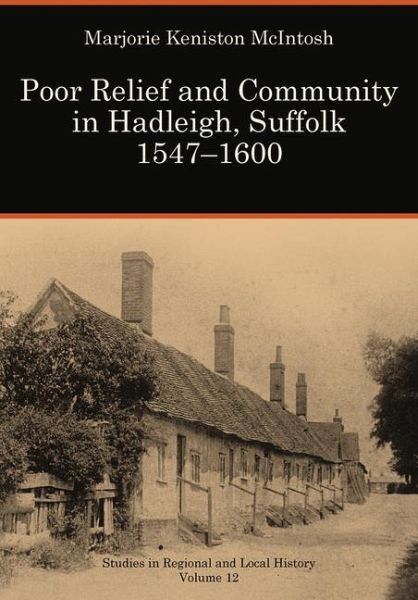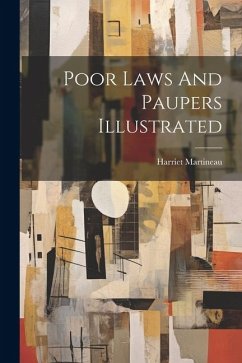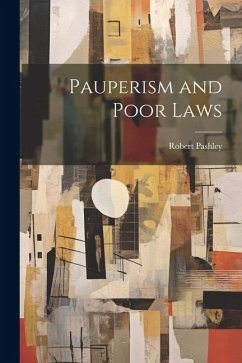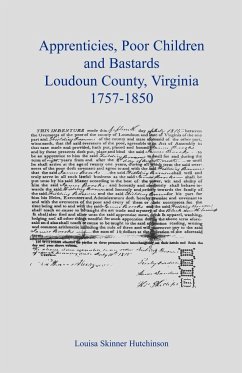
Poor Relief and Community in Hadleigh, Suffolk 1547-1600
Volume 12
Versandkostenfrei!
Versandfertig in über 4 Wochen
35,99 €
inkl. MwSt.

PAYBACK Punkte
18 °P sammeln!
At the cutting edge of new social and demographic history, this book provides a detailed picture of the most comprehensive system of poor relief operated by any Elizabethan town. Well before the Poor Laws of 1598 and 1601, Hadleigh, Suffolk--a thriving woolen cloth center with a population of roughly 3,000--offered a complex array of assistance to many of its residents who could not provide for themselves: orphaned children, married couples with more offspring than they could support or supervise, widows, people with physical or mental disabilities, some of the unemployed, and the elderly. Had...
At the cutting edge of new social and demographic history, this book provides a detailed picture of the most comprehensive system of poor relief operated by any Elizabethan town. Well before the Poor Laws of 1598 and 1601, Hadleigh, Suffolk--a thriving woolen cloth center with a population of roughly 3,000--offered a complex array of assistance to many of its residents who could not provide for themselves: orphaned children, married couples with more offspring than they could support or supervise, widows, people with physical or mental disabilities, some of the unemployed, and the elderly. Hadleigh's leaders also attempted to curb idleness and vagrancy and to prevent poor people who might later need relief from settling in the town. Based upon uniquely full records, this study traces 600 people who received help and explores the social, religious, and economic considerations that made more prosperous people willing to run and pay for this system. Relevant to contemporary debates over assistance to the poor, the book provides a compelling picture of a network of care and control that resulted in the integration of public and private forms of aid.






![An Earnest Appeal For Mercy To The Children Of The Poor [&c.] Cover An Earnest Appeal For Mercy To The Children Of The Poor [&c.]](https://bilder.buecher.de/produkte/68/68842/68842637n.jpg)





